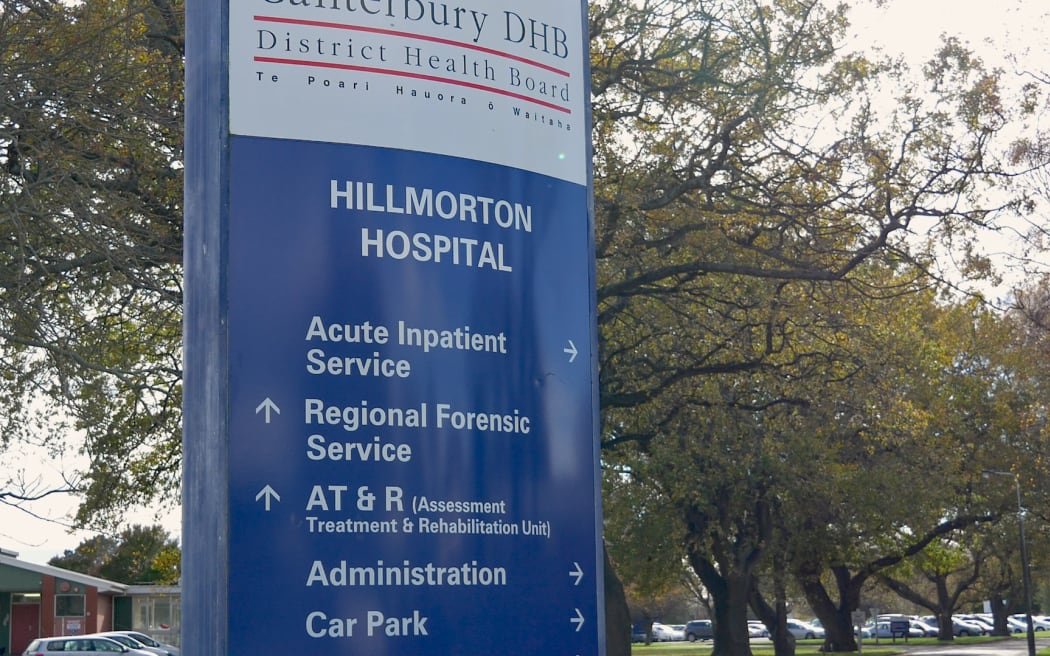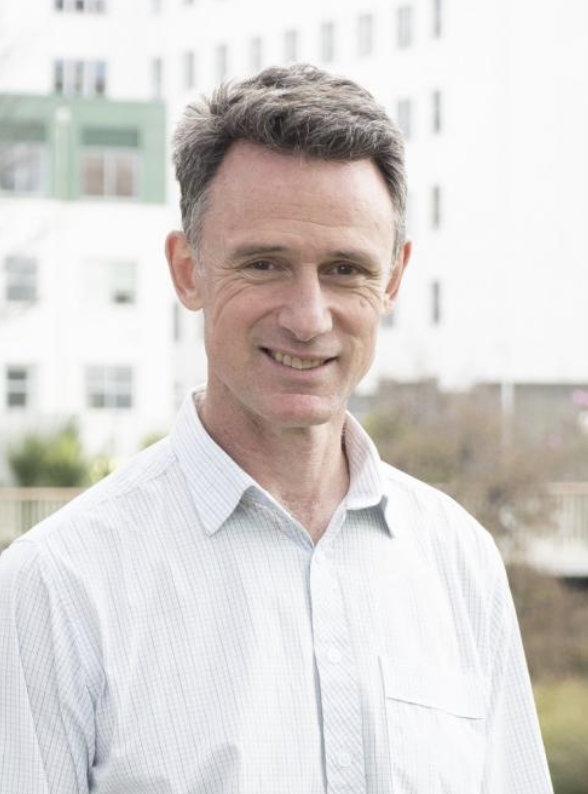A Christchurch mother of an intellectually disabled woman says the mental health system has totally failed her daughter.
18-year-old Hannah (not her real name) was a patient in PSAID – Psychiatric Services for Adults with Intellectual Disabilities – at Hillmorton Hospital.
In November, she was arrested, while in a ward, and taken into police custody.
Her mother said Hannah was charged with threatening behaviour and released on bail back to the hospital.
“This was a breach of her rights because although she is 18, Hannah has the mental capacity of a 9-year-old and police did not contact us about her arrest.
I was shocked that they did that to her, she was terrified and alone.”
In March, Hannah was removed from her mother’s care. “We couldn’t help her, she kept running away and was placed in residential care. She struggled and caused herself harm so she was placed under the Mental Health Act in April and admitted to PSAID.
Her mother said she’s been trying to find appropriate services for her daughter but has been met with roadblocks due to a lack of staff and funding.
Hannah’s stay at the hospital was meant to be for 48 hours, but then weeks turned into months and Hannah’s family was told she wasn’t allowed to return to the community residential facility until they had more staff and could secure more funding.
Meanwhile, Hannah’s mental, physical and emotional health deteriorated in the hospital and she started lashing out at the nurses so police were called and she was arrested.
Her mother said nurses told her they didn’t think she would “last the night” at the facility without breaching bail and would likely be locked up under the Intellectual Disability (Compulsory Care and Rehabilitation) Act for three years if charged.
The IDCCR Act authorises compulsory care and rehabilitation to individuals with an intellectual disability who have been charged with, or convicted of, an imprisonable offence.
Her mother said her whānau created an emergency intervention plan. “We fought the hospital and the police and have taken leave from work to provide 24/7 care for our girl to keep her from being locked away.”
She said PSAID and the police were going ahead with pressing charges anyway.
Hannah’s mother has successfully applied to the court for an adjournment so she can seek legal advice.
Te Whatu Ora Mental Health Service Canterbury General Manager Dr Greg Hamilton said while the hospital can’t comment on individual patient care, assaults on staff by patients are reported to the police as a default.
Dr Greg Hamilton. Photo: Supplied
“Such incidents are considered in the subsequent management of patients. We would let guardians or whānau know of a significant event, although this may not be immediate.”
Hamilton said “the current average occupancy in the PSAID Unit is six inpatients and this reduction in numbers is largely in response to improved community support for these consumers.
The aim of inpatient services for people with intellectual disabilities is to support people during times when they have significant acute mental health issues or distress, support their recovery and return to community living or placements.”
Hamilton said “developing community solutions for some people is complex and requires high levels of support which are largely provided by our NGO partners (although we may provide support if required).”
He said “there are a number of new and developing initiatives underway to improve access to mental health and well-being support in the community. The access and choice programme from Budget 2019 has resulted in four services being implemented locally to support patients through the general practice-based Te Tumu Waiora (with almost 60 FTE of health improvement practitioners, health coaches and support workers), youth-focused Manu Ka Rere for the needs of those aged 13 to 24 years, Te Wharoa providing a kaupapa Māori health service based in Canterbury that works with all whānau to achieve wellbeing, Etu Pasifika’s Integrated Primary Care, Mental Health and Wellbeing Whānau Ora service.”
A number of new initiatives were being developed or are taking initial steps including a new kaupapa Māori programme to support Māori in acute mental health distress within a community context.
“Our new 80-bed adult inpatient facility will bring together services for adult acute mental health (Te Awakura unit), medical detox and PSAID together.
Integrating people into mainstream services is more in line with contemporary practice, rather than separate small inpatient units like we currently have.
Design work will begin in early 2023, with the new facility expected to open in 2027.”
However, Hannah’s mother said the statement from Te Whatu Ora was nothing more than a promotional speech that didn’t cover the most important issues.
“PSAID is notorious for lack of collaboration and communication. They do not provide support or follow-up in any way. People move between services because they are forced to, this is all a game of funding, not what is best for people.”
Hannah’s mother said “they can talk and paint false pictures but one visit to that ward would show that they do the very least for patients in their care. The treatment consists of restraining and drugging patients who show signs of dysregulation, without considering the horrid environment or lack of basic care.
Hannah was stuck in the hospital because of funding, not because of her goals or what was best for her. Community solutions are lacking and Government organisations are the worst, and I have years of evidence to highlight the lack of support available.”










